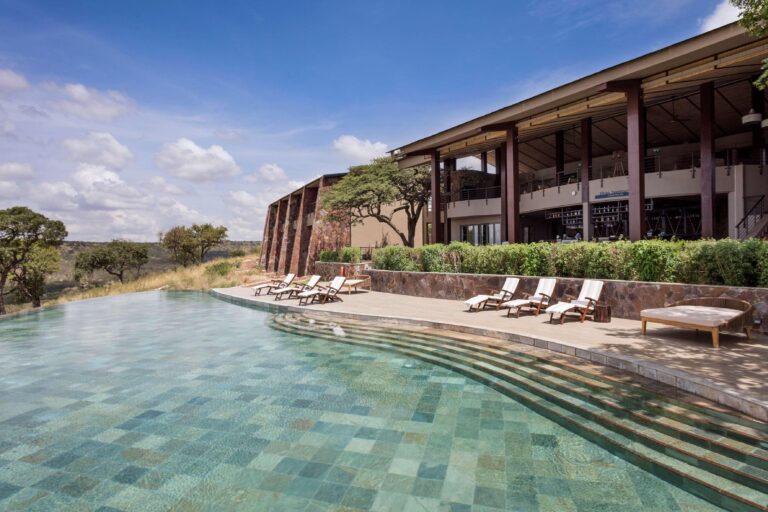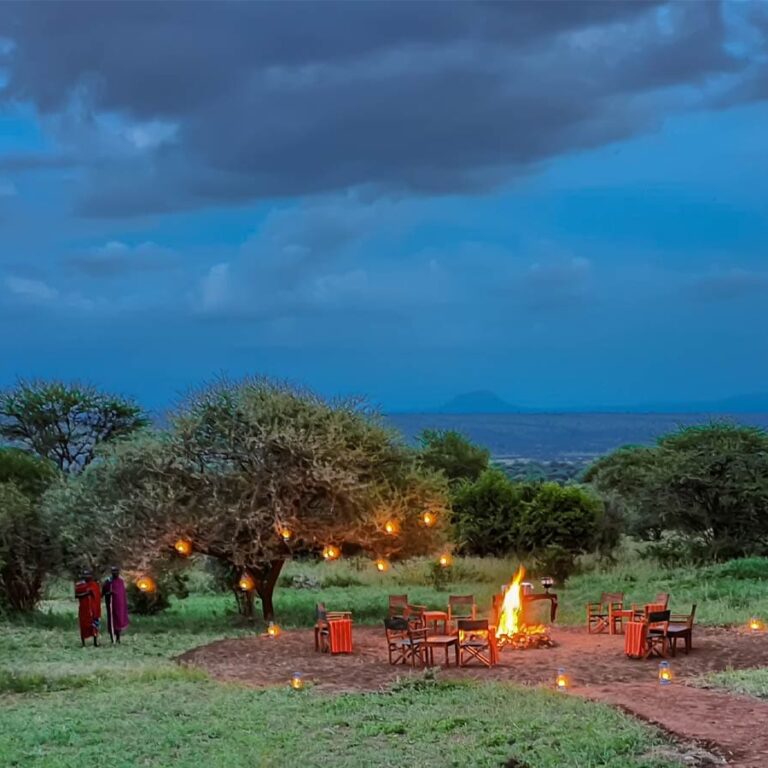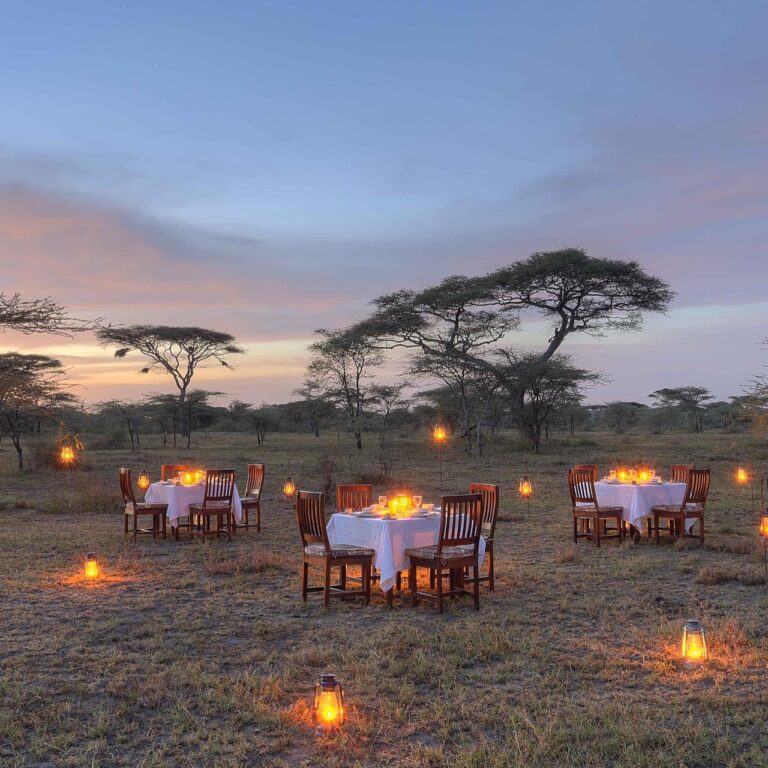What to Consider When Planning an African Safari.
Embarking on an African safari is a dream for many travelers, offering the opportunity to witness breathtaking landscapes, encounter exotic wildlife, and immerse oneself in the rich cultures of the continent. However, planning a safari requires careful consideration and preparation to ensure a memorable and fulfilling experience. In this comprehensive guide, we’ll explore 10 essential factors to consider when planning your African safari adventure.
The call of the wild whispers: elephants trumpeting under African skies, lions basking in golden sunrise, zebras thundering across endless plains. But before you embark on your dream safari, take a deep breath and consider these 10 essential steps to orchestrate a truly unforgettable African adventure:
1. Choose the Right Destination:: Tanzania? Botswana? South Africa?
Africa is vast and diverse, with a multitude of safari destinations to choose from. Research and identify the specific wildlife species, landscapes, and experiences you wish to encounter. Popular safari destinations include Tanzania’s Serengeti National Park for the Great Migration, Botswana’s Okavango Delta for water-based safaris, and South Africa’s Kruger National Park for the Big Five. Consider factors such as budget, time of year, and personal preferences when selecting your destination.
2. Seasons and Weather: Consider the Best Time to Visit:
African safaris offer a range of experiences, from traditional game drives to walking safaris, boat safaris, and hot air balloon rides. Determine the type of safari that best suits your interests, comfort level, and sense of adventure. If you’re a wildlife enthusiast, opt for game drives to maximize animal sightings. Alternatively, if you prefer a more immersive experience, consider walking safaris or canoe trips for a closer connection to nature.
- Dry season (June-October) boasts clear skies and abundant wildlife, but comes with higher prices and crowds. The rainy season (November-May) paints landscapes emerald, offers lower prices, and fewer tourists, but expect occasional showers.
3. Safari Style: Decide on the Type of Safari:
African safaris offer a range of experiences, from traditional game drives to walking safaris, boat safaris, and hot air balloon rides. Determine the type of safari that best suits your interests, comfort level, and sense of adventure. If you’re a wildlife enthusiast, opt for game drives to maximize animal sightings. Alternatively, if you prefer a more immersive experience, consider walking safaris or canoe trips for a closer connection to nature.
Luxury tented camps or rustic lodges? Mobile camps for nomadic adventures or permanent lodges for comfort? Choose your accommodation based on budget, desired level of luxury, and preferred proximity to nature.
4. Wildlife Wishlist:
Lastly, approach your African safari with an open mind, a spirit of adventure, and a willingness to embrace the unexpected. Be patient and observant during game drives, savoring every wildlife encounter and natural wonder. Take time to disconnect from technology and immerse yourself fully in the sights, sounds, and sensations of the African wilderness. Cherish the memories created during your safari and leave with a deeper appreciation for the beauty and diversity of the continent.
Do lions make your heart roar, or are you a birding enthusiast? Research the parks and reserves that best suit your animal-spotting priorities. Consider seasonal migrations and unique species like chimpanzees or rhinos.
5. Budget and Accommodation:
Safari costs can vary widely depending on factors such as destination, accommodation type, and duration of the trip. Determine your budget and research accommodation options ranging from luxury lodges and tented camps to budget-friendly campsites and guesthouses. Keep in mind additional expenses such as park fees, transportation, meals, and optional activities when planning your budget.
Safaris can span a wide range of costs. Be realistic about your budget and factor in everything from park fees and activities to flights and gratuities. Choose a package or tailor your own itinerary to ensure a financially harmonious trip.
Hot air balloon rides over the Serengeti, boat safaris on shimmering lakes, or cultural encounters with Maasai villages? Add diverse activities to your itinerary for a multi-sensory African experience.
6. Pack Appropriately:
Packing for an African safari requires careful consideration of the climate, activities, and cultural norms of your destination. Opt for lightweight, breathable clothing in neutral colors that provide sun protection and blend into the natural surroundings. Essentials include sturdy walking shoes, a wide-brimmed hat, binoculars, a camera with telephoto lens, and a reusable water bottle. Remember to pack layers for cooler mornings and evenings, as well as any specialized gear for specific activities such as walking safaris or hot air balloon rides. Think lightweight, breathable clothing in neutral tones suitable for changing temperatures. Don’t forget comfortable shoes for game drives, a sun hat, binoculars, and insect repellent. Pack for all weather conditions, even in the dry season.
7. Health and Safety Precautions:
Prioritize your health and safety by taking necessary precautions before and during your safari. Consult with a healthcare professional to receive any required vaccinations and medications for diseases prevalent in your destination. Pack a comprehensive first aid kit, including insect repellent, sunscreen, antimalarial medication, and any prescription medications. Additionally, familiarize yourself with safety protocols, wildlife behavior, and emergency procedures outlined by your safari operator.
Consult your doctor for any necessary vaccinations and medications. Pack a basic first-aid kit and be aware of potential health risks like malaria in certain regions.
8. Respect Wildlife and Environment:
Responsible tourism is essential for preserving Africa’s natural habitats and wildlife populations for future generations. Respect wildlife and their habitats by adhering to park rules and regulations, maintaining a safe distance from animals, and refraining from feeding or approaching them. Minimize your environmental impact by reducing plastic waste, conserving water and energy, and supporting eco-friendly safari operators committed to sustainable practices.
Be a responsible tourist. Learn basic Swahili phrases, respect local customs and traditions, and avoid littering or disturbing wildlife. Remember, you’re a guest in their world.
9. Open Your Heart: Embrace the unexpected!
A missed lion sighting might lead to a breathtaking sunset, and a bumpy jeep ride could spark hilarious memories. Be present, be flexible, and let the spirit of Africa wash over you.
Africa promises a symphony of sights, sounds, and emotions. By planning your safari with care and an open heart, you’ll orchestrate an unforgettable adventure that will forever resonate in your soul. So, book your flight, pack your bags, and be ready to conduct your own African masterpiece
11. Choose the Right Safari Operator:
Selecting a reputable safari operator is crucial for ensuring a safe, enjoyable, and well-organized experience. Research safari companies with positive reviews, extensive experience, and knowledgeable guides who prioritize conservation and responsible tourism practices. Consider factors such as group size, vehicle quality, and inclusivity of amenities when comparing safari operators.
12 Consider Cultural Sensitivity:
Show respect for local cultures and traditions by learning about the customs, beliefs, and etiquette of the communities you’ll encounter during your safari. Seek permission before photographing or interacting with local people, and dress modestly out of respect for cultural norms. A Beginner’s Guide To Planning An African Safari), A Beginner’s Guide to Planning Your First African Safari, The Ultimate Guide to Going on an African Safari. Embrace the opportunity to engage with local communities through cultural experiences, such as visiting traditional villages, markets, and cultural festivals.
How long should an African safari last?
The ideal duration for an African safari depends on the destinations you wish to visit and your interests. Safaris can last anywhere from a few days to several weeks.
What wildlife can I expect to see on an African safari?
Africa is home to a diverse range of wildlife, including the “Big Five” (lion, elephant, buffalo, leopard, and rhinoceros) as well as cheetahs, giraffes, zebras, wildebeests, and various bird species. Planning an African safari? Don’t miss our comprehensive guide to ensure a memorable experience. Discover the diverse landscapes, wildlife, and cultures of this extraordinary continent.
Is it safe to go on an African safari?
When planned and executed responsibly, African safaris are generally safe. However, it’s essential to follow your guide’s instructions and prioritize safety measures. Ready for the adventure of a lifetime? Learn how to plan an unforgettable African safari and immerse yourself in the continent’s breathtaking landscapes and exotic wildlife.
What’s the best way to travel between safari destinations?
Depending on the locations, you may travel between safari destinations by road, air, or a combination of both. Internal flights are common for long distances. Explore the wonders of Africa on an unforgettable safari. Discover the 10 essential factors to consider and make your dream adventure a reality.
Can children participate in African safaris?
Yes, many safari operators offer family-friendly safaris with age-appropriate activities and accommodations suitable for children. Dreaming of an African safari? Explore our comprehensive guide to planning the perfect adventure, filled with breathtaking landscapes, majestic wildlife, and rich cultural experiences.
Are walking safaris safe?
Walking safaris can be safe when conducted by experienced guides who understand the environment and animal behavior. Always follow your guide’s instructions during walking excursions. Embark on an African safari like no other. Discover the 10 essential steps to plan your dream adventure, from choosing the right destination to encountering majestic wildlife.
Conclusion Planning African Safari
Embarking on an African safari is a dream come true for many adventure seekers and wildlife enthusiasts. To ensure a seamless and unforgettable experience, consider the ten crucial aspects outlined in this guide. From choosing the right destination to practicing responsible wildlife photography, each factor plays a vital role in crafting your perfect safari. Respect nature, immerse yourself in the wonders of Africa, and support conservation efforts to leave a positive impact on this extraordinary continent. TripAdvisor Reviews








